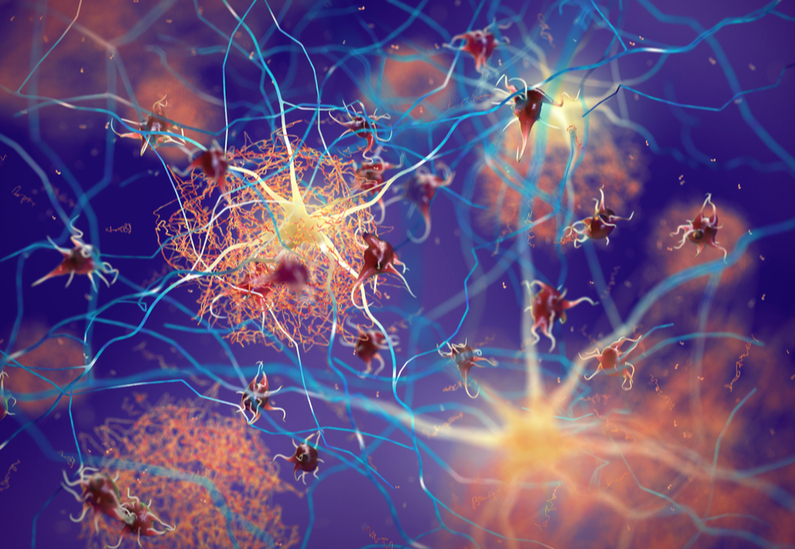One of the most fascinating and curious relationships between the microbiome and extra-intestinal organs involve the nervous system, a circuit termed the "gut-brain axis". It is well known that members of the microbiome metabolize compounds required for the formation of neurotransmitters, and that changes in the microbiome composition and function (dysbiosis) have been associated with neurological and psychiatric diseases, however little is known about the biological pathways that link the microbiome to neurodegenerative diseases and ways to circumvent them.

Our lab has pioneered studying amyotrophic lateral sclerosis (ALS), a debilitating neurodegenerative disorder, and showed that a mouse model for the disease exhibited dysbiosis and an altered gut metabolite configuration. In a series of experiments we successfully isolated specific bacterial species and a metabolite, which ameliorated the disease in mice. We replicated our findings in a small-scale study in humans.


